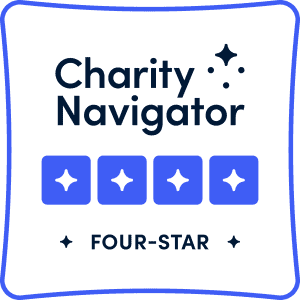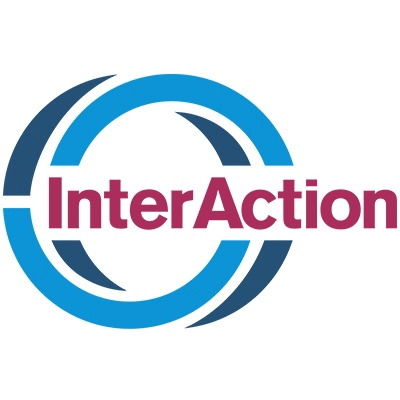Nutrition
“The dual scourge of hunger and malnutrition will be truly vanquished not only when granaries are full, but also when people’s basic health needs are met and women are given their rightful role in societies.” –– Gro Harlem Brundtland
Malnutrition is more than the food deprivation typically perceived as “hunger.” In addition to the amount of food that is available, malnutrition includes when the variety or quality of food is insufficient to support proper development and health. Malnutrition cannot be solved merely by food aid, it requires sustainable sources of nutrition year round. When empowered women have access to information and resources to end their own hunger, we can end the cycle of malnutrition.
Malnutrition is a key factor that contributes to nearly half of all child deaths globally. To prevent infant mortality, the effort to end hunger must begin in the early stages of a child’s life. Children born into the cycle of malnutrition have a higher incidence of diabetes and heart disease and tend to have cognitive disabilities and a lower IQ, affecting their performance in school and their job opportunities as adults – forever diminishing their future opportunities. An integral aspect of solving infant malnourishment is ensuring exclusive breastfeeding for the first six months of a child’s life.
Often, the reason for insufficient breastfeeding is due to the mother’s lack of knowledge on the subject of nutrition. In developing countries, girls traditionally eat last and least, rendering them ill-equipped to combat poor nutrition in the community. Young women predisposed to early childhood marriage leads them to giving birth earlier in life. A young, malnourished woman gives birth to a low-birth weight baby who, already affected by the malnourishment and lack of resources of their mother, grows up with continued nutritional deficiencies. When a young mother born into malnourishment has access to proper nutrition for herself, she can extend this nutrition to her children, effectively ending the cycle of malnutrition.
We worked to articulate a set of concrete steps to making nutrition a development priority called the Framework for Scaling-Up Nutrition (SUN). The SUN Framework addresses the development and implementation of political, operational and financial tactics necessary to stop the cycle of malnutrition among women and children. This powerful NGO partnership “promotes targeted action and investment to improve nutrition for mothers and children in the 1,000 days between a woman’s pregnancy and her child’s second birthday when better nutrition can have a life-changing impact on a child’s future and help break the cycle of poverty.”
WHAT WE DO
- Educate on maternal and childhood health. We host tens of thousands of women at training workshops in which health care professionals explain the basics of nutrition for both children and mothers and the importance of pre- and postnatal care.
- Monitor maternal and childhood health. Children enrolled in the epicenter nursery schools are guaranteed access to a full nutritious meal every day they are in attendance. Professionals at the adjacent epicenter health clinics oversee on-going child health and weight monitoring.
- Provide trainings on sustainable farming practices. Our partners learn techniques to sustainably improve crop yields, providing entire communities with not only increased access to food but the knowledge necessary to diversify crops and therefore create nutritional diets.
- In Senegal, as an income-generating activity for women, our epicenter food processing units produce small packets of nutritious food for children. The packets are distributed to children in the community as well as sold to NGOs in the region, including the World Food Programme.
- We launched a 1,000 day initiative in Malawi in which we conduct awareness campaigns on safe motherhood, carry out vaccination campaigns targeting children under five years old, and train mother-to-mother (M2M) support groups on safe motherhood and nutrition.
Related News
Make change happen. Invest in people.
Mailing address
The Hunger Project
110 West 30th Street, 6th Floor
New York, NY 10001
Get connected
Join the conversation on social, and stay connected with the latest from our partners around the world.
Stay informed
Subscribe to our newsletter to receive updates of latest news and events.
© The Hunger Project | Website by The Good Alliance






